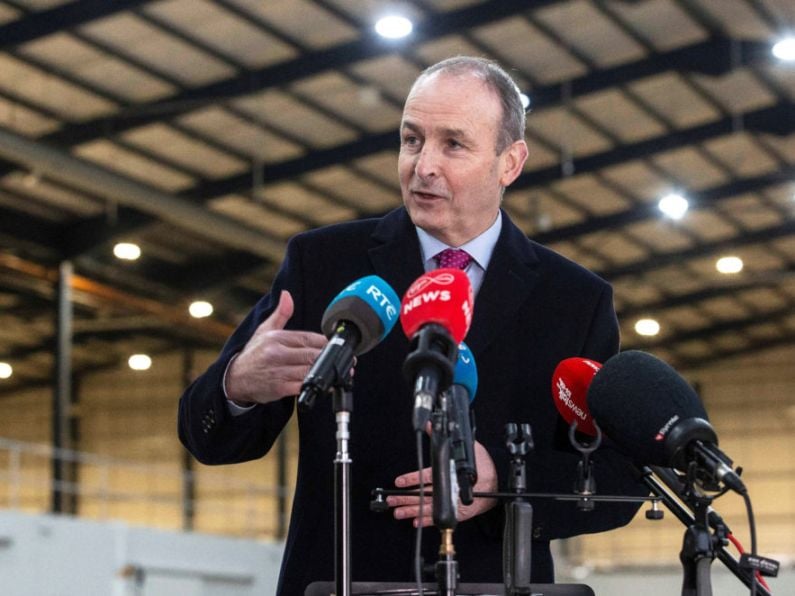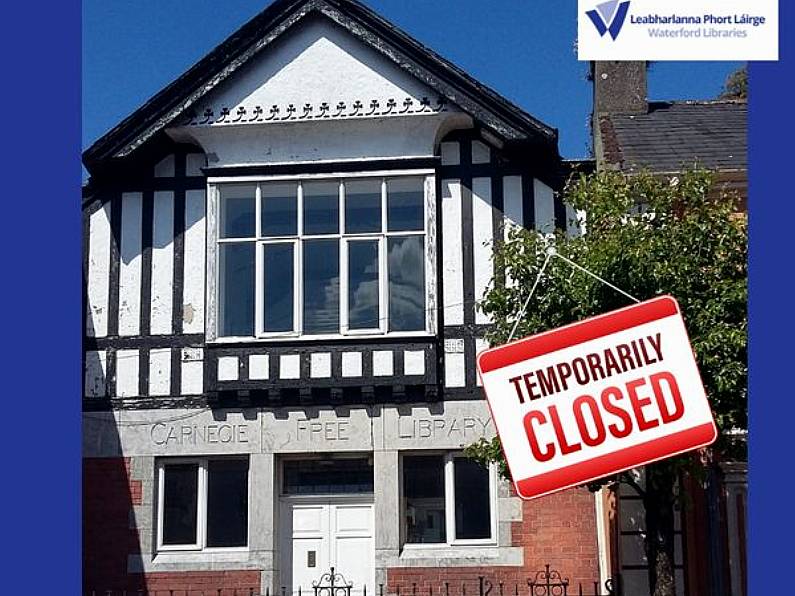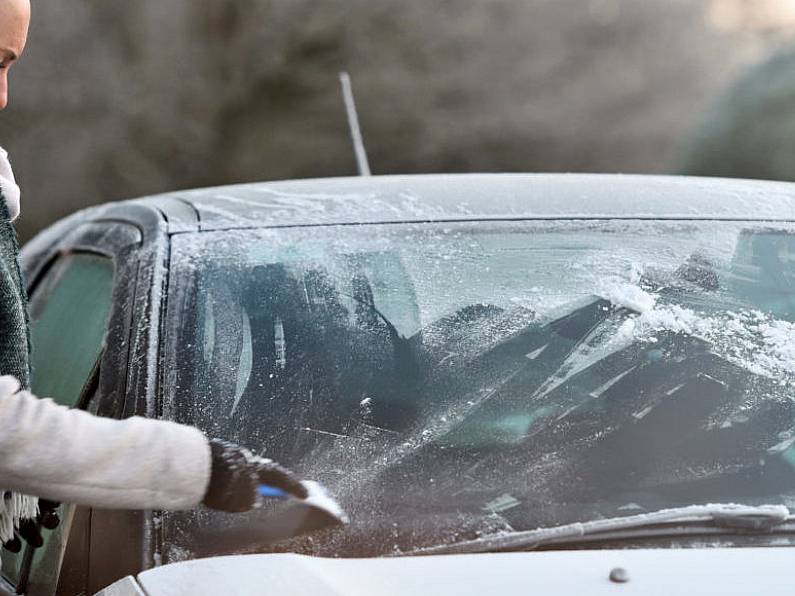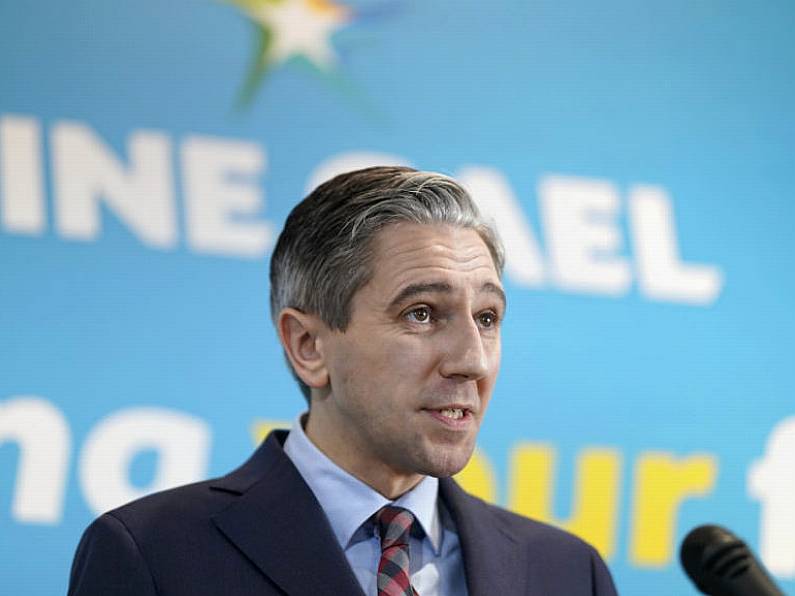By Vivienne Clarke
Taoiseach Micheál Martin has said that although there will be limited quantities of the Covid-19 vaccine in January and February, there will be enough for priority cases.
Speaking on RTÉ radio’s Morning Ireland, Mr Martin said greater quantities of the vaccine will become available in April and May as further vaccines come on stream and manufacturing around the world is increased.
There will be staged timeline approach depending on availability, he said.
Mr Martin added he was concerned about the recent rise in cases across the island and warned “we cannot let our guard down.”
Just because there was now a vaccine available did not mean that the public should not adhere to public health measures, he added.
If Covid-19 numbers continued to rise, then further restrictions could be introduced in January. People needed to be very careful about their contacts in the run-up to Christmas, he said.
Roll-out
The vaccine would be a complementary tool to enhance public health measures and would “add significantly to our armoury in putting pressure on this virus,” Mr Martin said.
The Pfizer/BioNTech vaccine will have to be carefully handled and the Government will announce plans on Tuesday on how it will be administered, he said.
Public health teams and doctors, along with GPs and pharmacists, will be involved in administering the vaccine.
The optimal period for a vaccination programme will be May and June, he said.
Quick movement
Meanwhile, the Minister for Further and Higher Education Simon Harris has said that there will be “quick movement” to roll out the Covid-19 vaccine in nursing homes and among healthcare workers in January.
The Government would urgently engage with GPs and pharmacists on how to roll out the vaccine after the Cabinet meeting on Tuesday, Mr Harris told RTÉ radio's Today with Claire Byrne show.
When asked about vaccinating third level students before they returned home for the Christmas holiday, Mr Harris said there was no particular reason why third level students needed to be vaccinated after the college term ends.
The advice for students was the same as for everyone else and while the University of Limerick had started offering antigen tests to students, he said there would be no mass screening of students.
Mr Harris also pointed out that “the bulk” of third level students were working remotely online under Level 3 restrictions.












